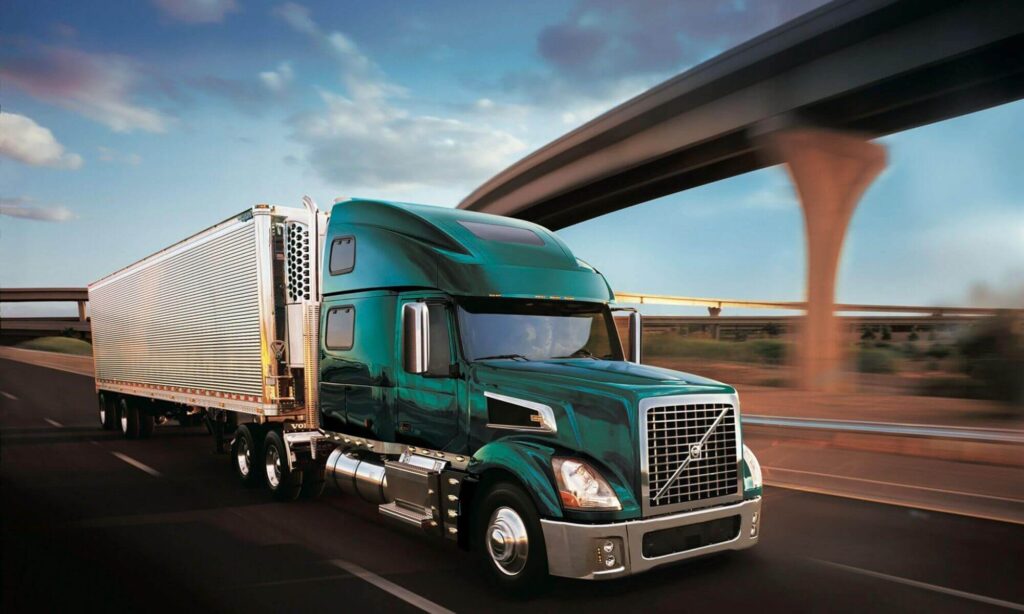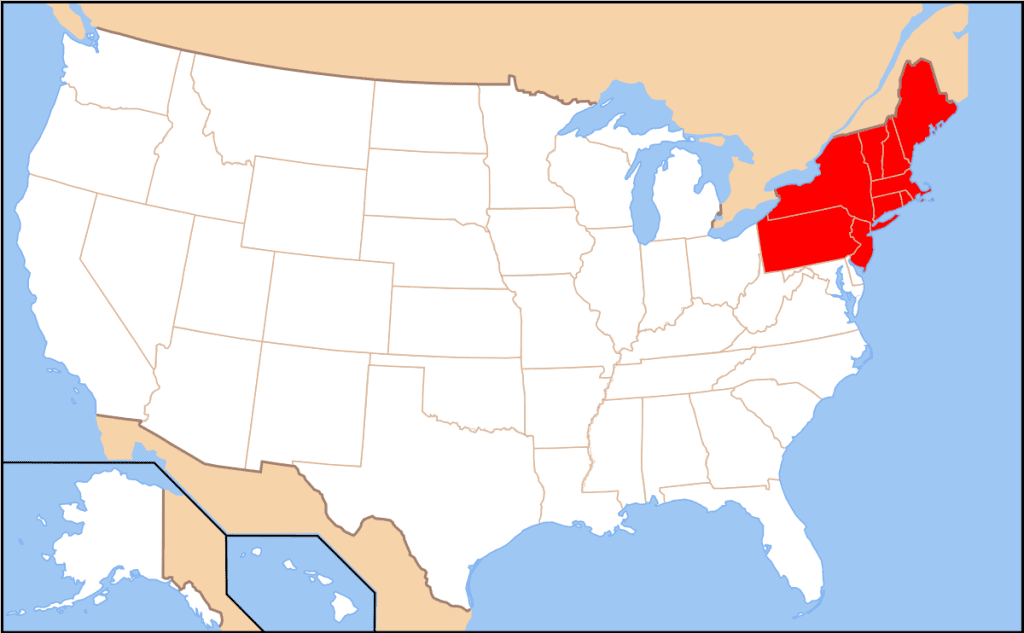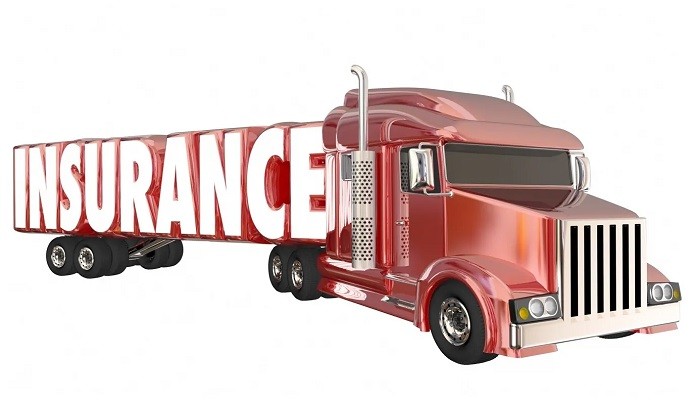Insurance plays a crucial role for truckers and trucking businesses. The specific insurance requirements vary depending on the type of vehicle and cargo being transported. It is advisable to maintain regular communication with your insurance broker to ensure you obtain the optimal benefits from each policy.
To operate legally, truck drivers must have certain types of insurance in place. Auto liability insurance is a federal requirement and provides protection in case of injury to a third party.
Required Insurance for Truck Drivers:
• Proof of Liability Insurance: This insurance is essential for the Operating Authority/MC number application with the DOT and FMCSA. During safety inspections, you will be asked to provide proof of insurance.
Safety Assurance for Customers:
Shippers need to trust that their freight is in safe hands. Proof of liability insurance provides peace of mind to shippers, assuring them that any damage or delays will not negatively impact their business. If an accident occurs, the shipper is protected by your liability insurance.
Safety Assurance for Yourself:
Insurance not only provides peace of mind for shippers but also protects you as a truck driver. In the event of damage to your freight, vehicle, or driver, you won’t have to bear the financial burden personally. Insurance coverage will take care of the costs, allowing you to continue operating your business. These insurances safeguard you from the potential high costs associated with lawsuits and increase your eligibility for leases and contracts. Shippers are more likely to work with you when you have appropriate insurance coverage.
Essential Insurance for Truck Drivers to Operate:
Required:
• Public Liability Insurance
• Cargo Insurance
• Surety Bond/Trust Fund Agreement
• Service of Process Agents
• Endorsement for Motor Carrier Policies of Insurance for Public Liability

Overview:
• Public Liability Insurance: This coverage is necessary for physical injury or property damage caused by your truck. It protects both the driver and third parties who may be injured. Additionally, it covers any damage caused to public property. Typically, this insurance provides coverage ranging from $750,000 to $5,000,000.
• Cargo Insurance: This insurance covers damage to the freight itself, including employee errors, Customs issues, theft, and more. FMCSA requires cargo coverage of $5,000 per vehicle and $10,000 per occurrence.
• Surety Bond/Trust Fund Agreement: This coverage is required for drivers, with a minimum coverage of $75,000.
• Service of Process Agents: This refers to a designated representative, who may require payment, responsible for receiving court papers related to legal proceedings against an entity.
• Endorsement for Motor Carrier Policies of Insurance for Public Liability
Additional Insurance Considerations for Personal Protection:
While not mandatory, the following insurances are recommended to protect yourself in unforeseen circumstances:
• Health Insurance
• Disability Insurance
Understanding and securing the appropriate insurance coverage is vital for truck drivers to operate legally, protect their business interests, and ensure peace of mind for themselves and their clients.


















